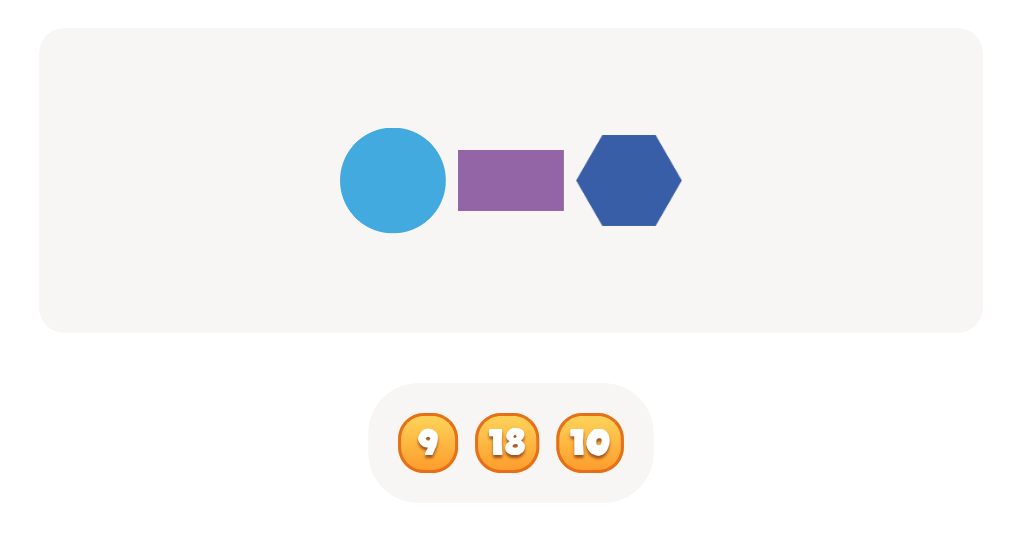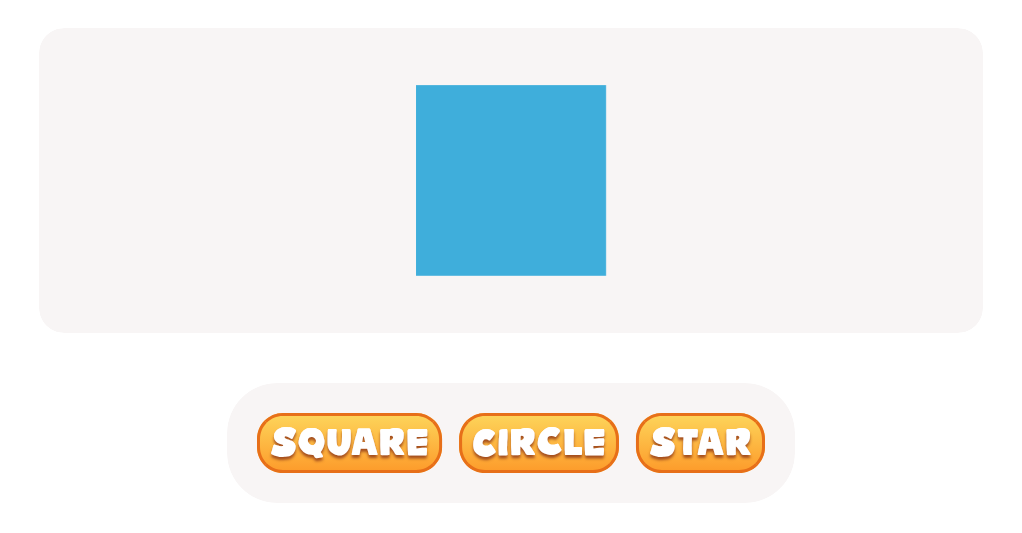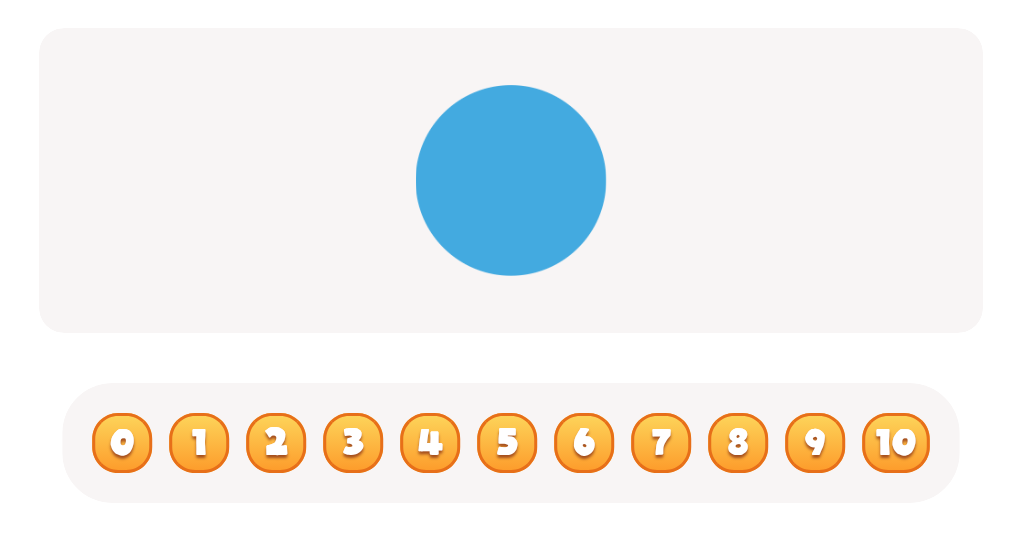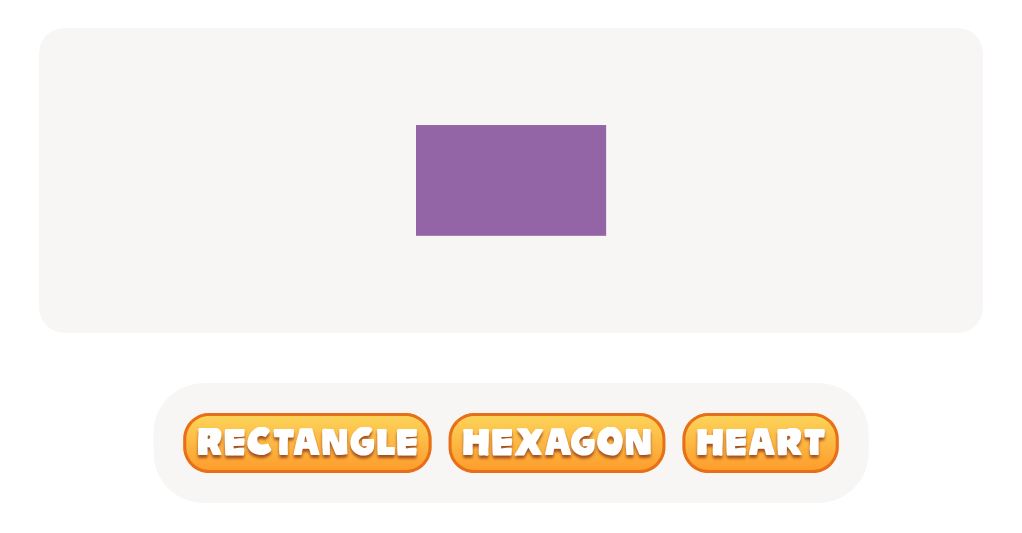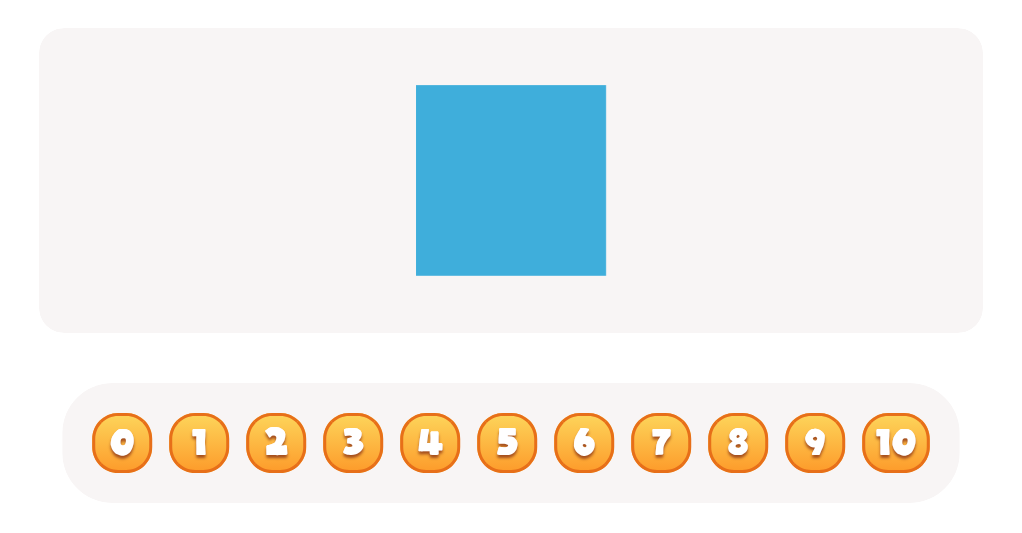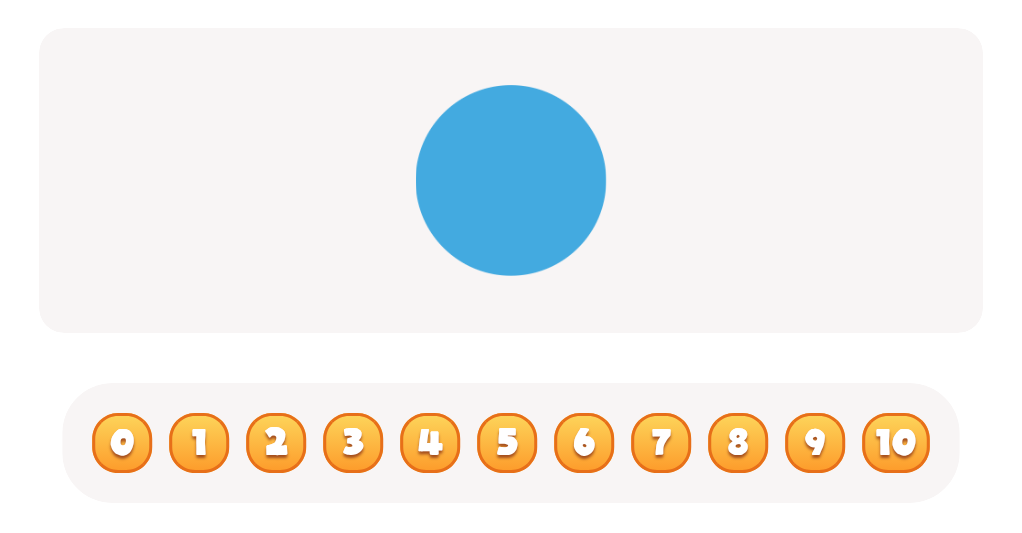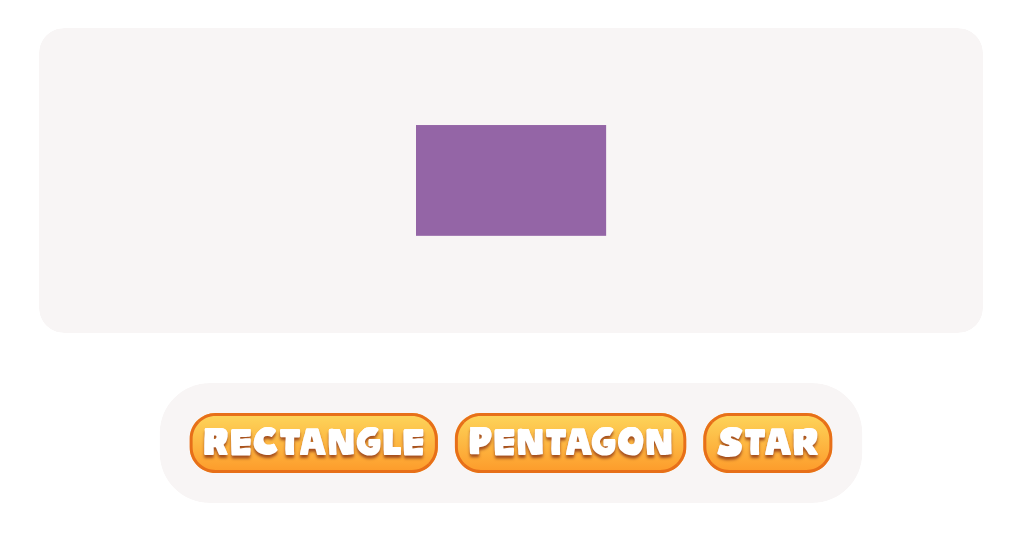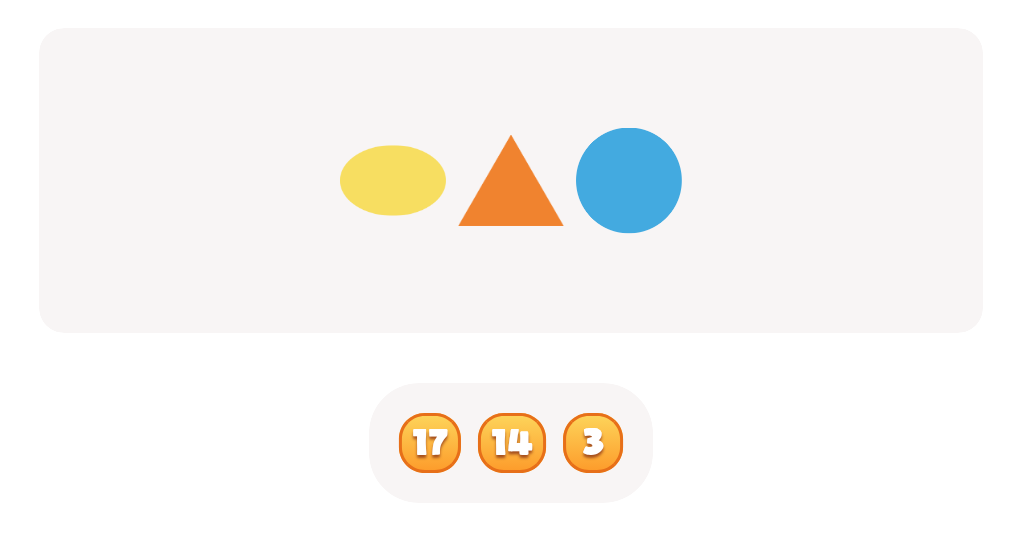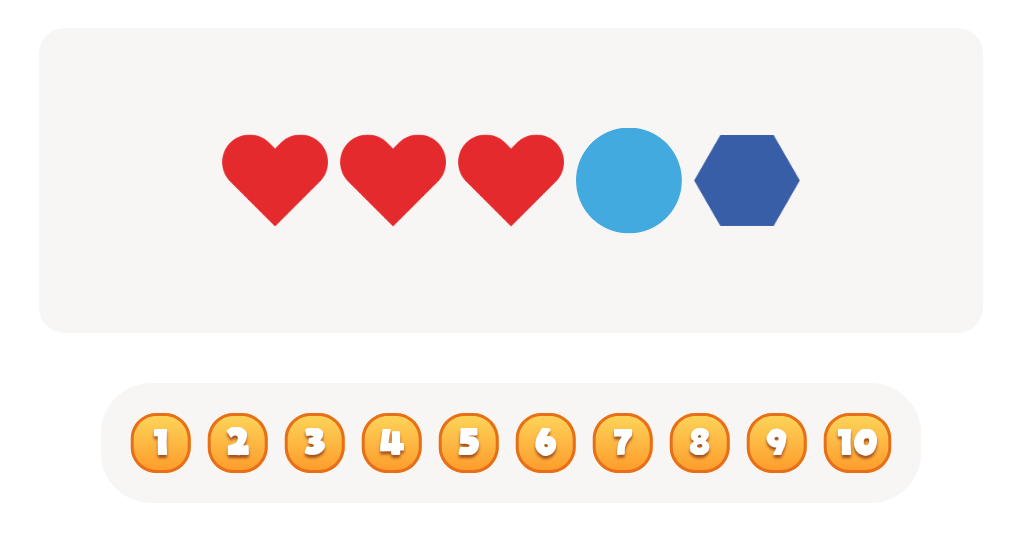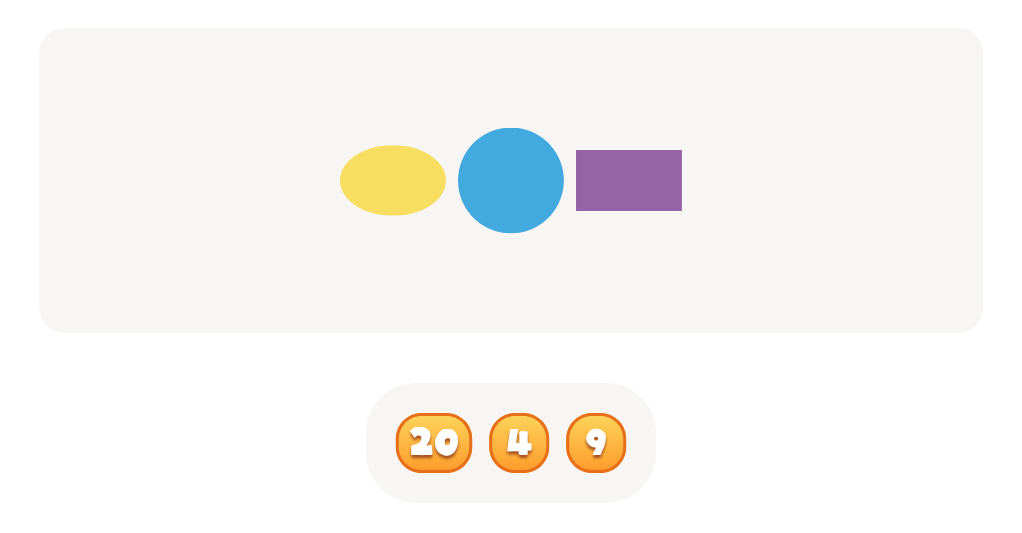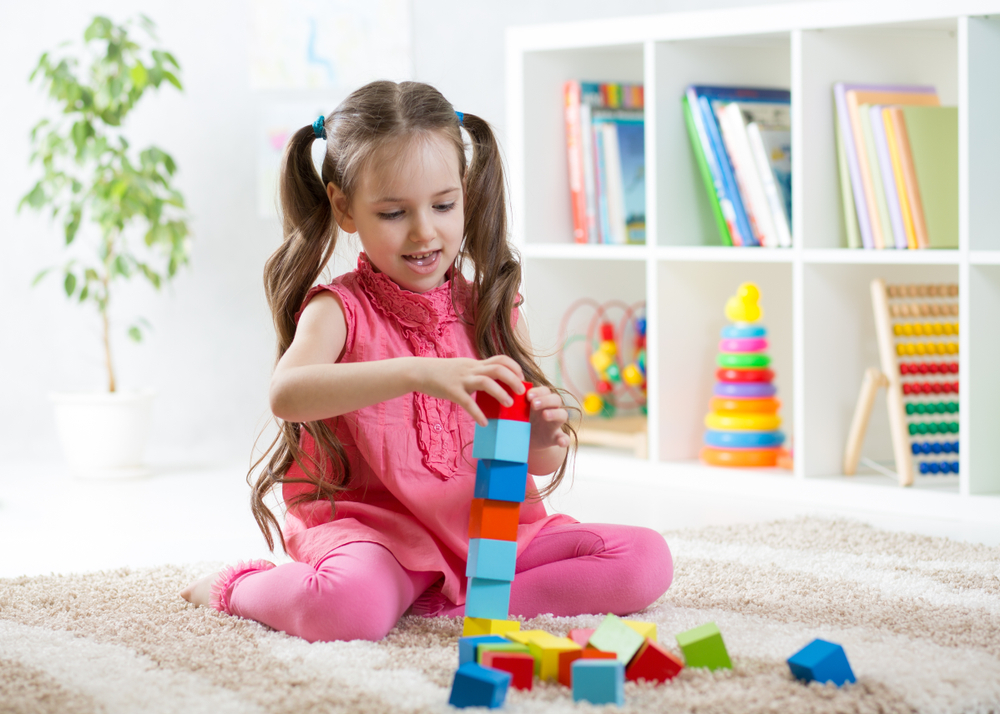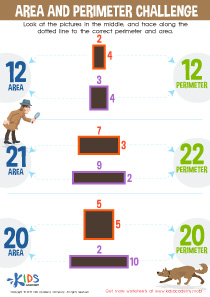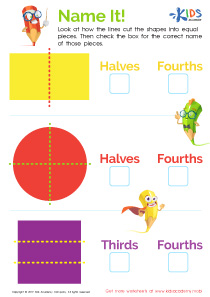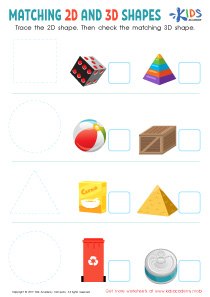Counting skills 2D Shapes Worksheets for Ages 3-5
5 filtered results
-
From - To
Enhance your child's understanding of counting and 2D shapes with our engaging worksheets designed for ages 3-5! Our Counting Skills 2D Shapes Worksheets offer fun and interactive activities to help young learners recognize, count, and categorize various shapes. Each worksheet is tailored to make learning enjoyable and effective, incorporating colorful visuals and age-appropriate tasks. From circles and squares to triangles and rectangles, your little ones will develop essential math skills in a playful way. Perfect for at-home practice or classroom use, these worksheets support early childhood education by fostering creativity and reinforcing foundational math concepts. Start counting and exploring shapes today!
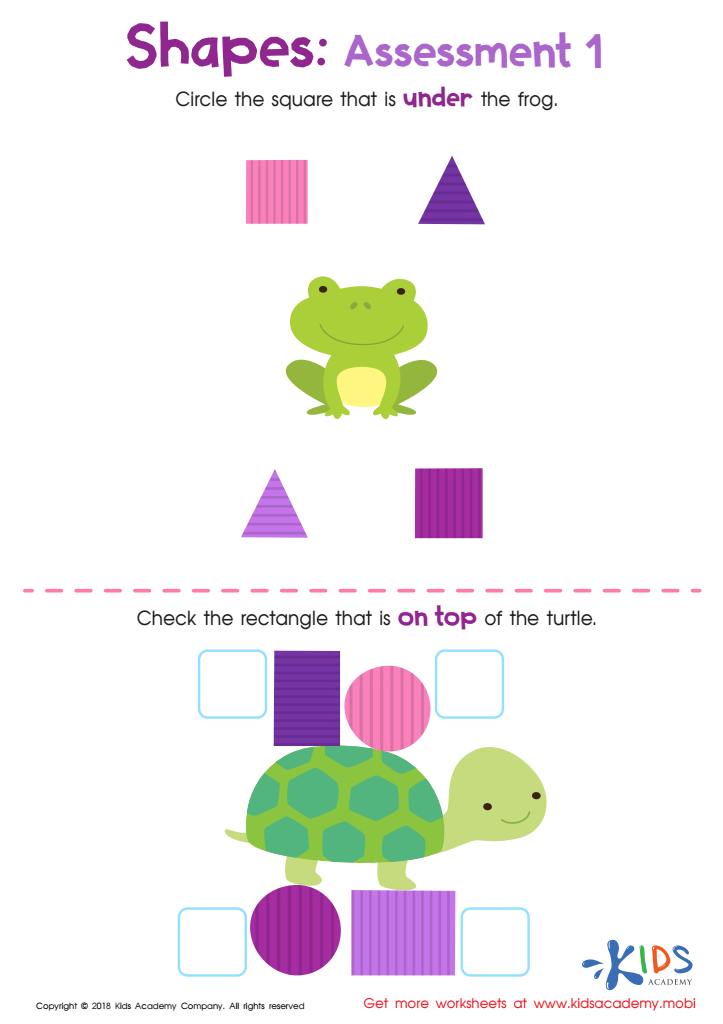

Geometry – Assessment 1 Worksheet
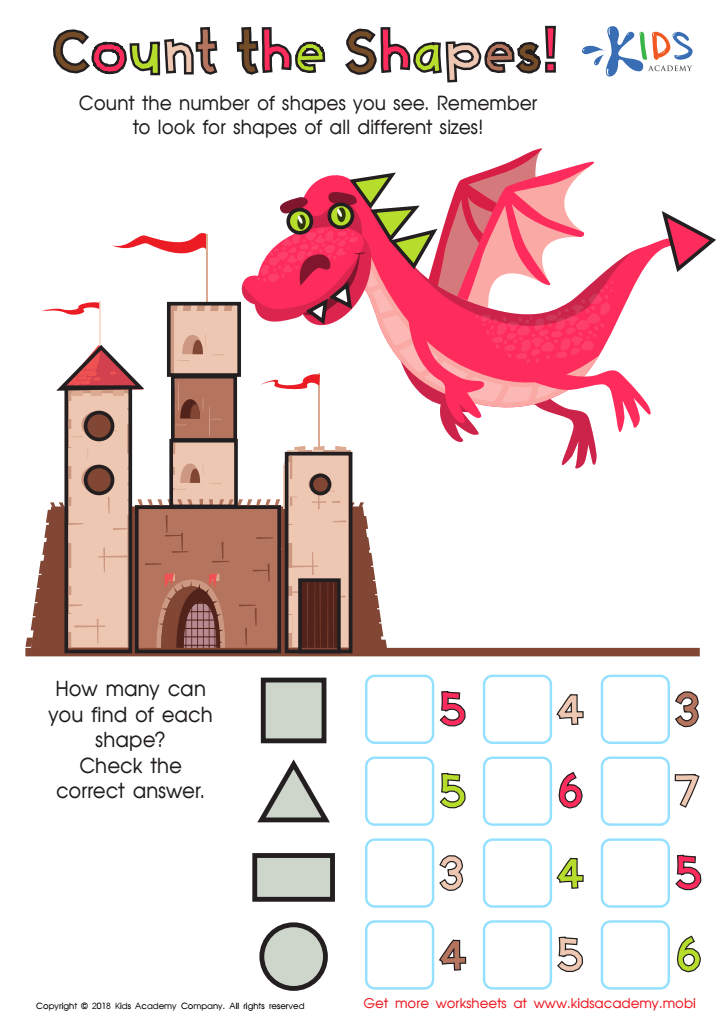

Count the Shapes Worksheet
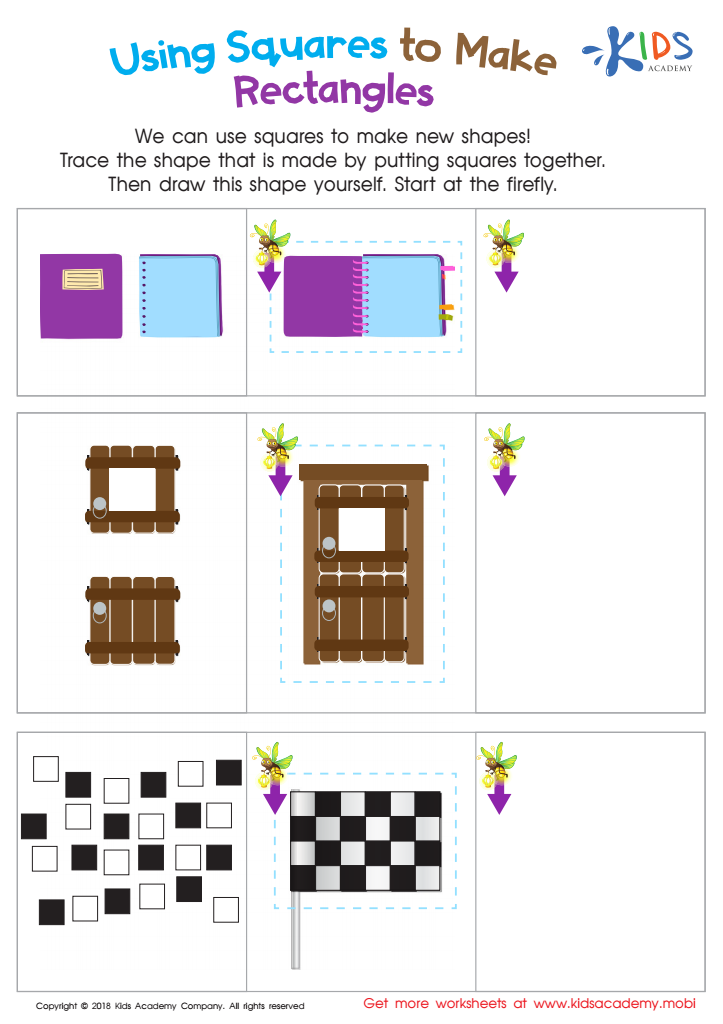

Using Squares to Make Rectangles Worksheet
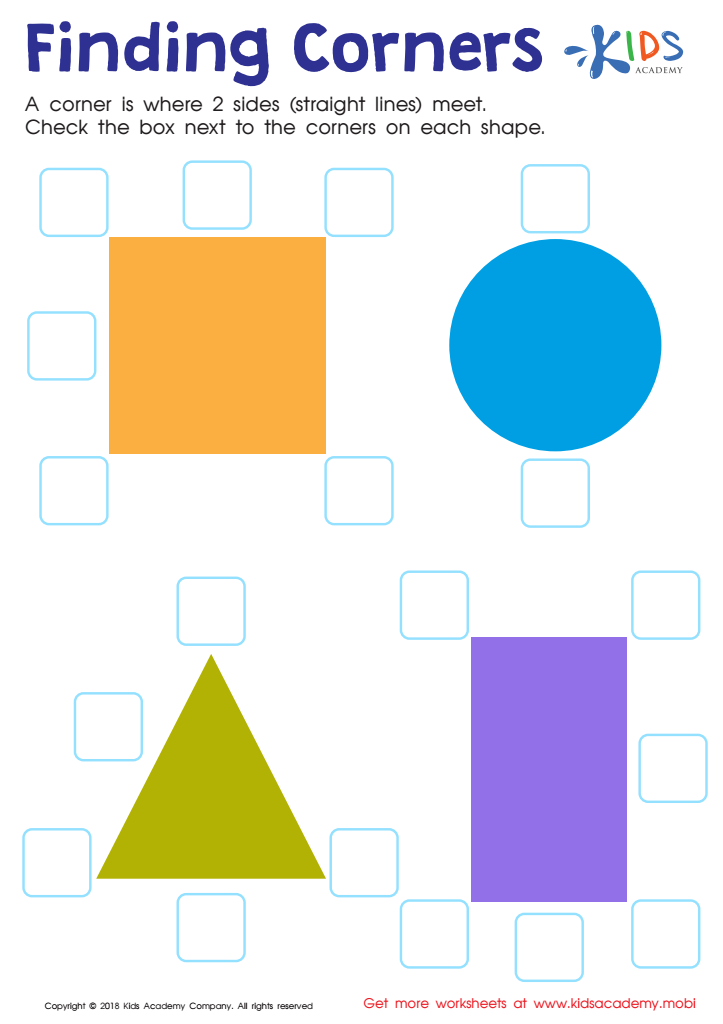

Finding Corners Worksheet
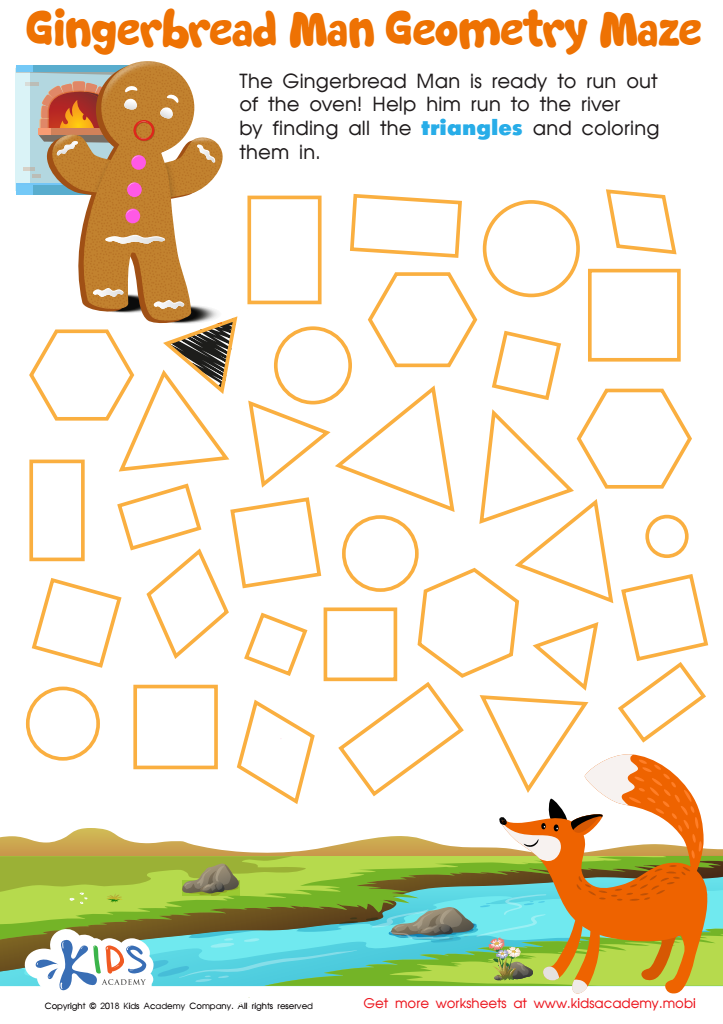

Gingerbread Man Geometry Maze Worksheet
Counting skills and understanding 2D shapes are foundational aspects of early childhood education that greatly benefit children aged 3-5. These skills not only promote numeracy and spatial awareness but also enhance cognitive development. Counting helps children recognize numbers, develop one-to-one correspondence, and grasp basic addition and subtraction concepts, laying the groundwork for more advanced mathematics as they grow.
Understanding 2D shapes fosters visual perception and critical thinking. It encourages children to identify, differentiate, and classify objects in their environment, aiding in problem-solving abilities. When children learn about shapes, they also begin to understand concepts of symmetry and geometry, which are essential in various fields, including art and engineering later in life.
Moreover, these foundational skills contribute to a child’s overall academic success. Engaging in fun counting activities and shape recognition can facilitate social interactions, enhancing language development and communication skills as children learn to express themselves and share their understanding with peers.
By nurturing counting skills and shape recognition in young children, parents and teachers play a pivotal role in cultivating a love for learning, fostering curiosity, and building a strong educational foundation that will benefit children throughout their lives. Encouraging these skills through play and exploration makes learning enjoyable and meaningful.
 Assign to My Students
Assign to My Students
